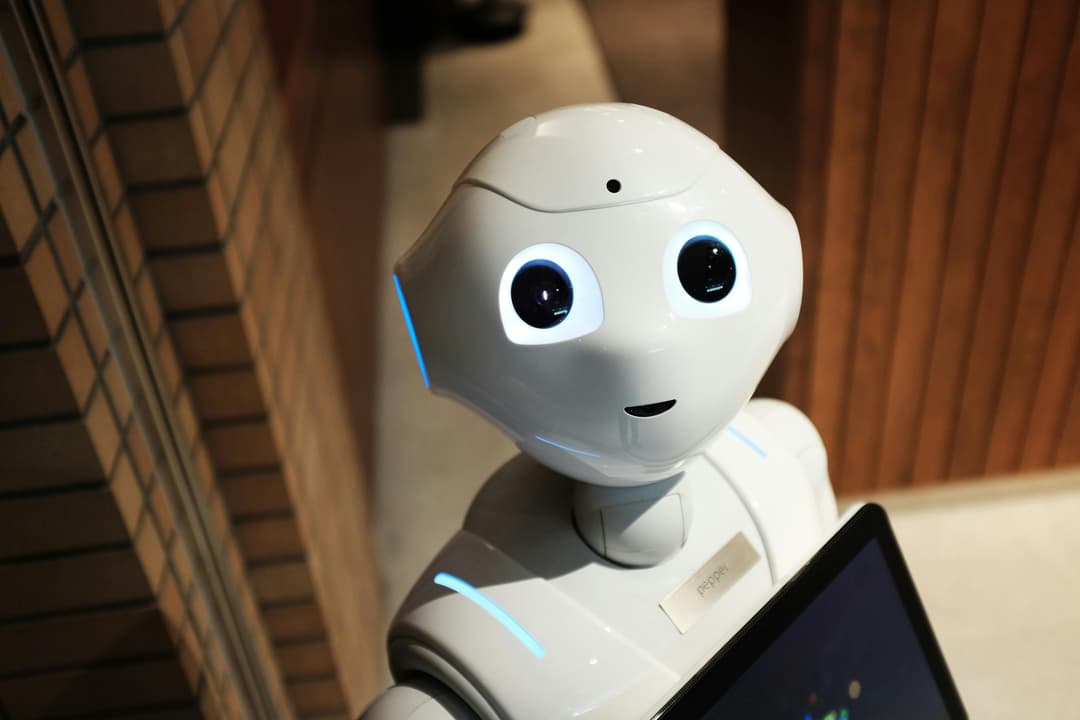Are you tired of sending job applications only to hear nothing back? You're not alone, and here's why exploring the intersection of artificial intelligence (AI) and job hunting can be illuminating.
How Job Seekers Are Using AI
Have you ever used ChatGPT or similar AI tools to write your resume or cover letter? If yes, join the club. Around 46% of job seekers globally are doing just that. AI tools, like ChatGPT, are making it easy to whip up a resume or a cover letter in minutes. They help format and furnish the words needed to stand out—at least in theory. But is it working?
Often, the output can come off as generic and lacking that human touch. Recruiters have noticed similarities in language patterns, hinting at widespread AI use. Plus, when everyone’s applications look the same, how do you stand out?
Employers’ Turn to AI
On the flip side, a large majority of companies are relying on AI to sift through that mountain of applications. By 2025, around 87% of employers are expected to use AI tools for recruitment tasks like sourcing candidates and screening resumes. While it saves time and cuts costs, is it really improving the hiring process?
AI systems can filter applications based on certain keywords or criteria, often leaving perfectly capable applicants in the dust simply because they didn’t match a specific template. So while companies are saving time, they might also be missing out on the perfect fit.
The Unseen Impact on Hiring
Here's where things get tricky. With both sides using AI, there's been an increase in application submissions but they can end up in the digital waste bin without a single human ever seeing them. AI-driven filtering methods can remove resumes before a recruiter has a chance to read them. You think you're applying and potentially letting your dream job slip right through the algorithm’s filter.
The candidate experience has become quite impersonal, too. Imagine your resume being judged solely by a machine. It could lead to frustration as many believe their applications are not receiving adequate human attention.
What’s the Real Story?
For many, the new norm has made job hunting a nightmare. Take Sarah, a recent graduate, who invested in AI tools to refine her applications, hoping to speed up her job search. Despite sending countless applications, the lack of genuine replies suggested her efforts were lost in a glitched system loop.
Mixing frustration with hope, Sarah wondered if her applications even reached human eyes. Her story symbolizes a wider issue faced by many young job seekers today.
Could the double-sided AI sword be the reason, or is it more about how we use these tools?
What's the Future of Job Hunting?
The current job market landscape is a complex zone for AI and human collaboration. While AI helps in streamlining the hiring process, leaning heavily on it means risking an impersonal and potentially unfair system.
So, what can job seekers do? Personalizing AI-generated applications and ensuring they coincide with the values and demands of the jobs is one way forward. For companies, a balance between human judgment and AI efficiency could pave the way for a fairer and more effective recruitment strategy.
What strategies have worked or failed for you in this AI-driven recruitment world? Share your experiences in the comments!
